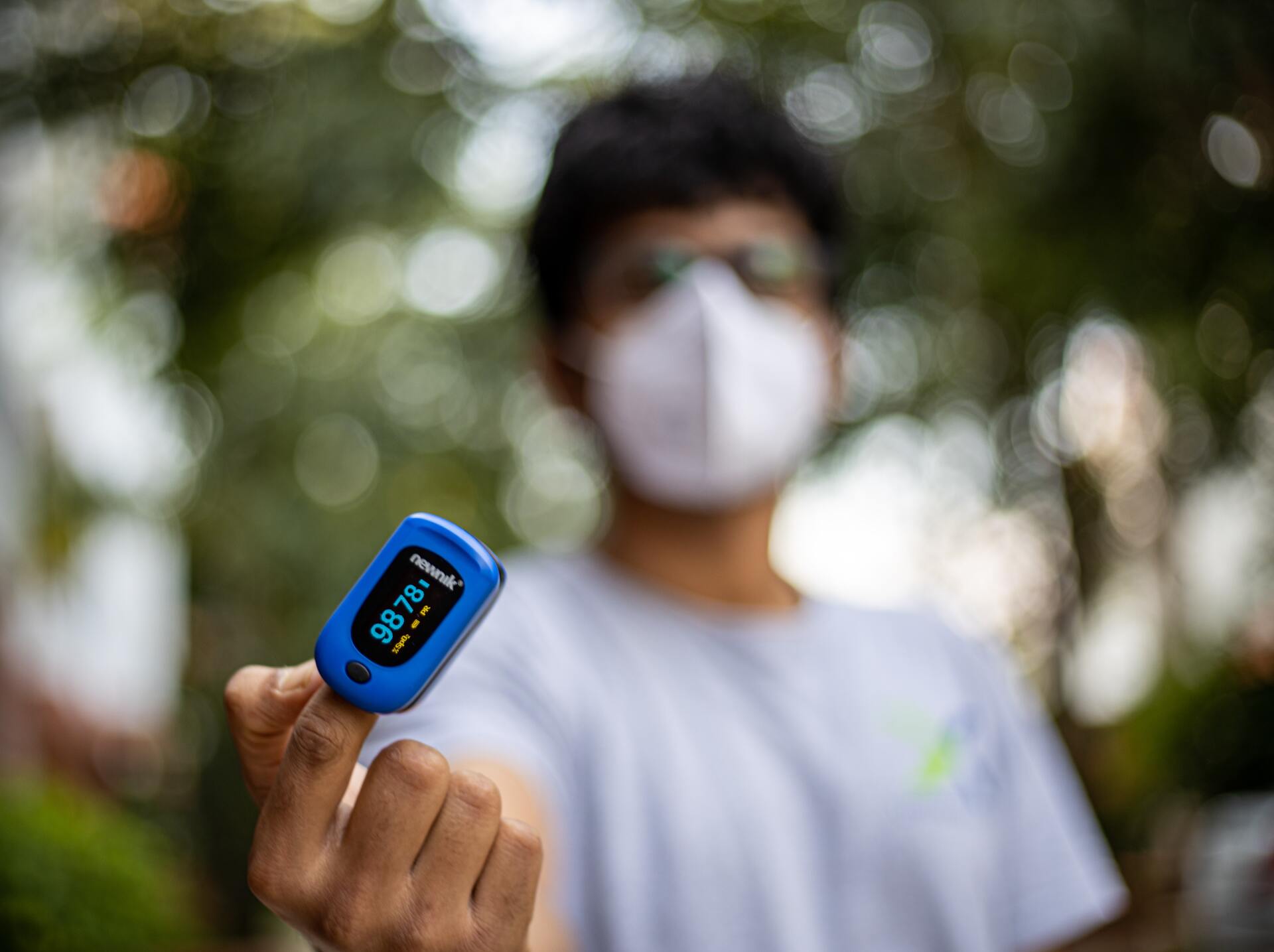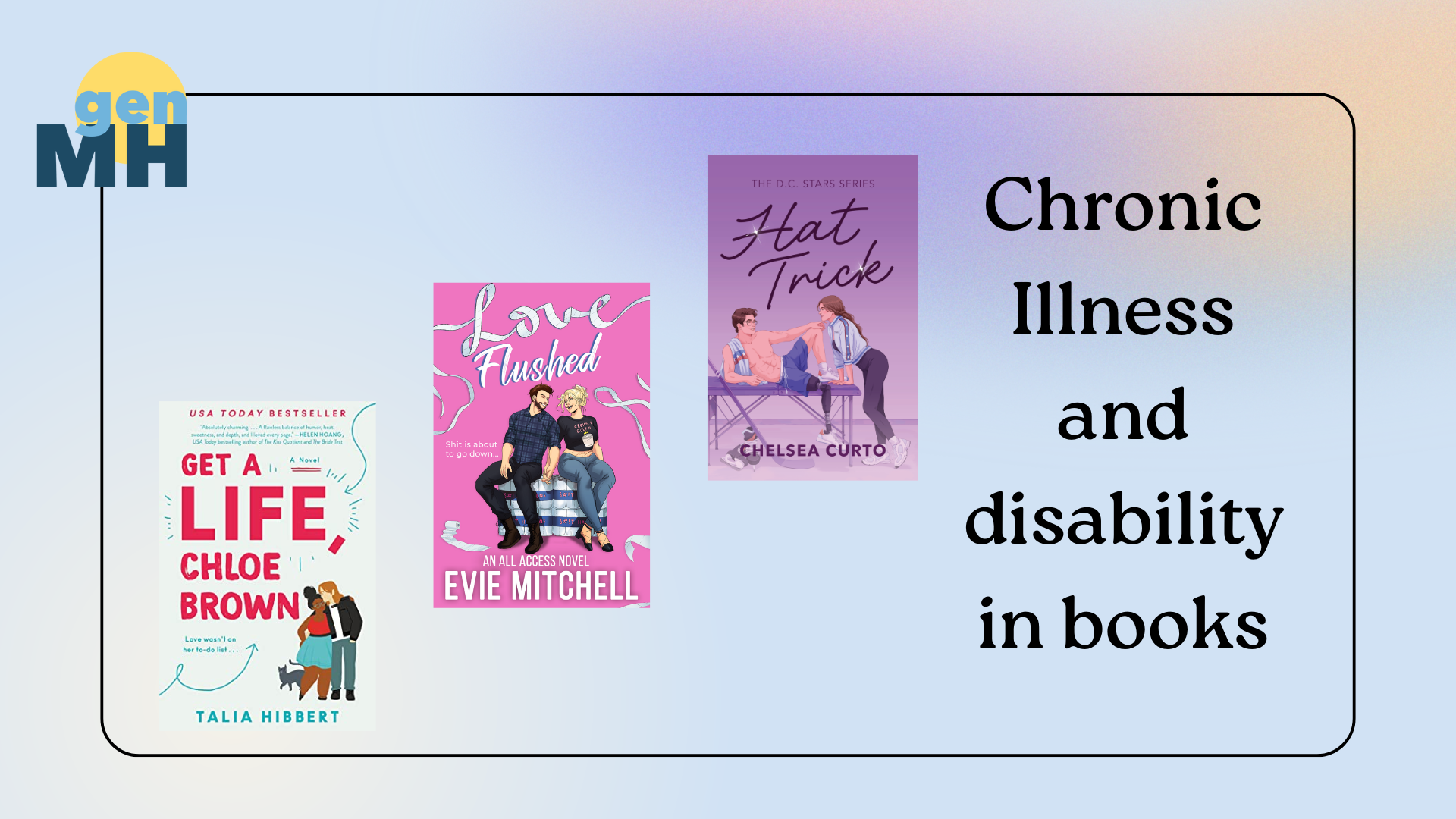My Wellbeing is Political: A Page from My Pandemic Diary
Anju Joy • July 12, 2021
Anju looks back at the second wave of the pandemic in India & recounts the distress caused.
The first case of COVID-19 in India was confirmed in the third week of January 2020. It took about two months for the pandemic to take precedence over every other priority in the country, but it happened. The Prime Minister announced a nationwide lockdown limiting movement — and by extension life as we knew it — for an indefinite period of time. I was in a small village in Himachal Pradesh at the time of the announcement and felt lucky. I was safe, had the money to survive for the next few months and had a compatible company to alleviate total loneliness. In retrospect, my relief shouldn’t have been a factor of luck.
When your government is instituting a measure to curb a pandemic, your feelings of safety and security shouldn’t be left to chance. From behind the screen of my phone, I watched millions of migrant workers — who weren’t as lucky as I was — walking hundreds of kilometres back to their villages
and how so many did not make it. I read about people gathering in huge crowds at railway stations
desperate to go back to the safety of their homes. I saw them being sprayed with liquid from a disinfectant bottle while being forced to squat at places with questionable hygiene. Crammed together and stripped of all rights and respect, they waited to be spattered on
before they were allowed to resume their journey. A friend who was travelling in Rajasthan called me the night after the impromptu lockdown was announced to tell me about how he was screamed at by the local police because an American (who could not get a flight back on time) accompanied him to the station. They had gone there to obtain permission from the police to stay in the locality until they could travel back. When other countries were planning and strategizing to prevent infections from rising, I read about my state sponsoring the demolition of protest sites
that had emerged in late 2019 against the new citizenship law in India. The law
denies illegal Muslim immigrants citizenship rights in India but grants it to immigrants from other religions.
In the wake of all of this, I felt scared. I felt an intense, visceral sadness. To date, that feeling’s not really left my body.
Six months later, I moved back to Delhi. The rate of spread had come down significantly. We did things that reminded us of the pre-COVID era. I stepped out for walks in the afternoons, ordered dinner on some nights, invited a few friends cautiously during weekend evenings. I did not find any governmental policy or regulation that I could attribute the slight improvement in my life to but I was happy nevertheless.
The second wave of COVID-19 hit that complacent ignorance hard. This is how I would paint that picture. I am at the beach. I can see my friends, family and many non-threatening strangers by the shore. We are all rendered immobile. Every surfacing crest makes us tremble. Who is going to be taken this time? The foamy green waters came real close, almost touching my toes many times before it mercifully receded only to return again a few seconds later. I mutely witnessed the massacre all around. When a friend lost his father, I couldn’t get out of bed for the next 3 days. When another lost his grandmother, I wept and sobbed for an hour after I hung up the phone. I hit stop midway while watching a documentary that showed two men sharing an ICU bed
breathing in oxygen from a black cylinder. I read a few days later that oxygen supply had become a rationed commodity. A black market had sprouted overnight from scarcity of resources. Is this what wartime felt like?
Once upon a time (not very long ago), I travelled 2 hours on a weekday to eat biryani. I ate every mouthful of it with relish. Now, I wished for pill substitutes that could satiate the weak sensations of hunger I felt occasionally. I used to find trigger warnings in news broadcasts and social media unnecessary. During the months of April and May of 2021, even case numbers imploded in my head.
Vaccinations were supposed to alleviate the plight. We could ramp up our vaccination efforts and protect those still standing. But like a poor child who accidentally walks into a bright and promising toy store, I quickly realized that my folks can’t afford to buy me anything there. I saw wealthy democracies announce ambitious vaccination targets and roll out campaigns to encourage citizens to get inoculated. In India, we were gasping for air. I read about fatigued and suicidal doctors
who couldn’t withstand the growing strain on the health system. 25 people died on a single day in a premier private hospital in the capital because of a lack of oxygen. In rural India, whole units at hospitals were catching fire because of risky handling of the same precious gas. International media roared about the plight of India and the inadequacies of the ruling government. Meanwhile in India, politicians and bureaucrats didn’t have a whole lot to say on the matter. No ambitious plans, not enough vaccinations, not enough relief measures, not even enough cremation or burial grounds.
Attachment
research has shown that the relationship a child forms with their caregiver in their formative years is a huge predictor of the nature of their relationships in adult life. A child who feels nurtured and loved grows to become a secure adult. They are also seen to be more resilient in the face of trauma and grief. They learn how to adjust socially, cultivate empathy and disagree respectfully without compromising their sense of self. However children with a history of abandonment or neglect are not equipped with these highly essential tools to navigate life. When your pleas and cries are consistently ignored, you come to believe that your actions don’t make a difference. You trudge along directionless and lose the ability to distinguish between a threat and an encouragement. You either lash out at everything or withdraw from everything.
Having been a secure adult for most of my life, my withdrawn emotional response to the second wave of the virus made me feel like a stranger to myself. It made me wonder when a child becomes an adult, who replaces the positions in their lives that caregivers once held? It’s natural to displace some of those expectations of safety and security onto a friend, a partner or a pet. We seek refuge in them during times of grief - a difficult breakup, a debilitating diagnosis, or the death of a loved one. I’m beginning to think that it also gets displaced to our politics and to the institutions that give life to them. I felt neglected and abandoned by my government during the pandemic. I felt the leaders that I had elected into the hallowed hallways of the highest offices of the country didn’t care for my well-being. I felt nothing could be done and I had nowhere to go. The only thing left for me was to suffer silently till the pain goes away or until I learn how to numb it. And when I look around me, at others who have it much worse than I do, it pushes the mirror neurons in my brain to the verge of collapse.
The foundations of our resilience lie in the belief that we are valued, heard and understood. We often don’t realize it but institutions of power and authority have a deeply intimate role in enabling us to feel that this life we have is worth living.
Written by Anju Joy
Anju Joy is an aspiring mental health researcher and practitioner. She began a career in education development in 2016 with a focus on children from low socioeconomic backgrounds. She is also a Teach For India Fellow (Batch of 2016-18). Her experiences led her to realize the critical role that mental health plays in learning achievement, poverty alleviation and many other areas of development. Anju left her full-time position in education in 2020 and has since been on the pathway to pursue a career in mental health and well-being. Feel free to get in touch/write to her at anju.joy4757@gmail.com



